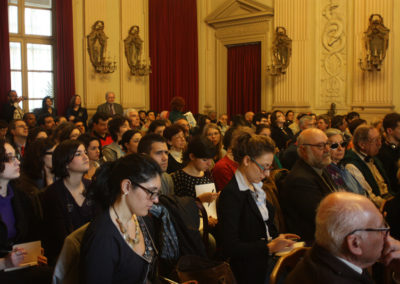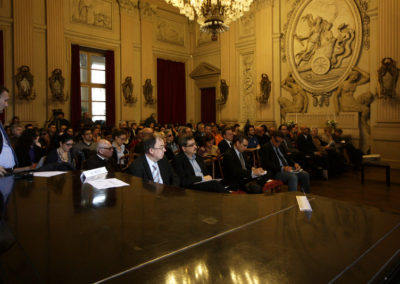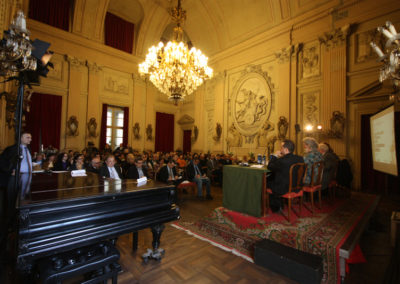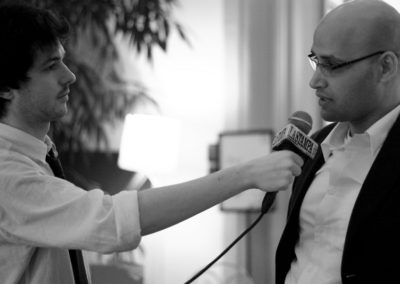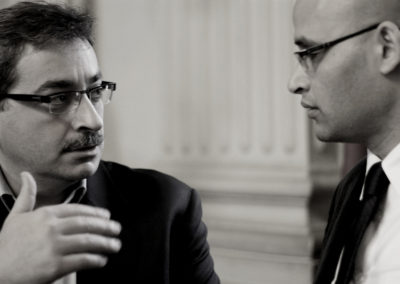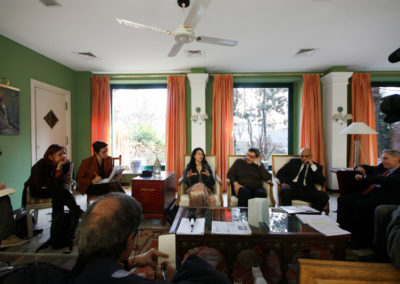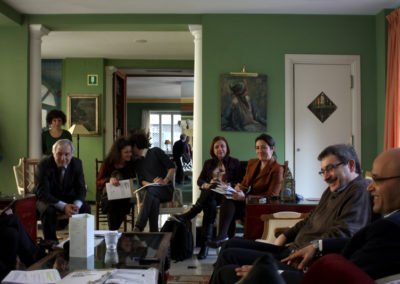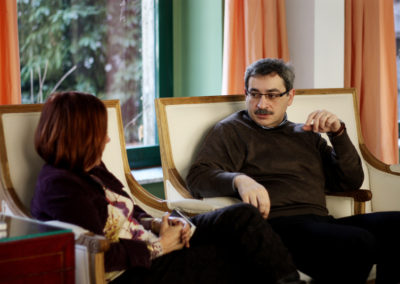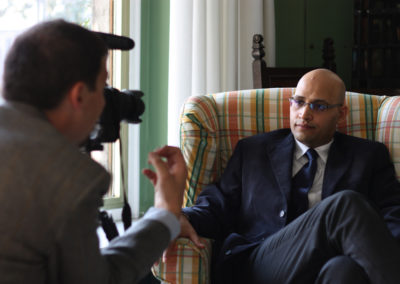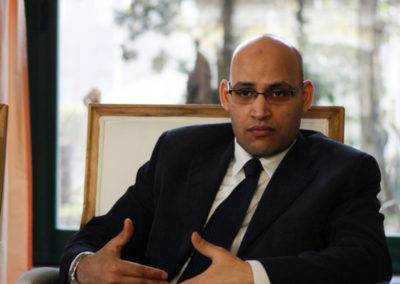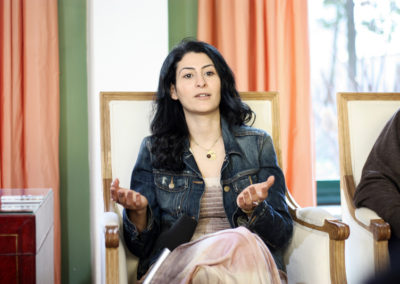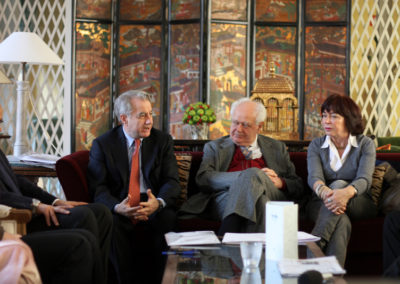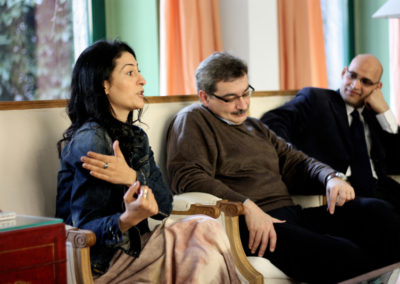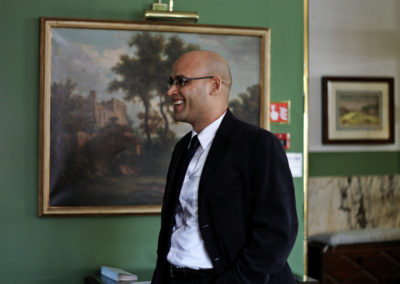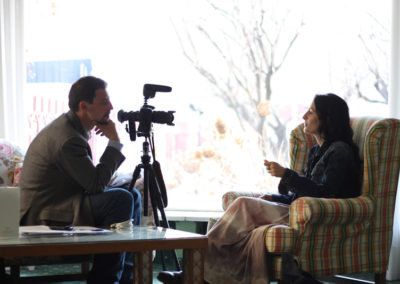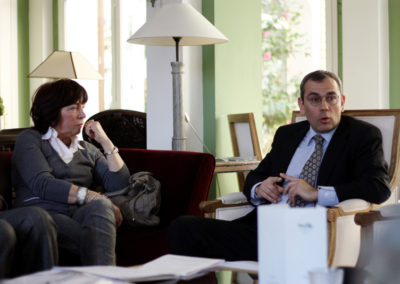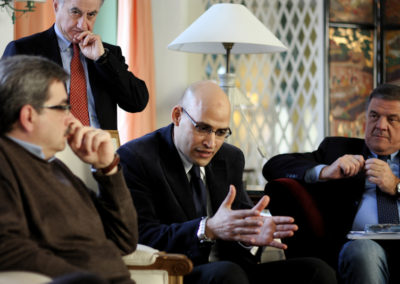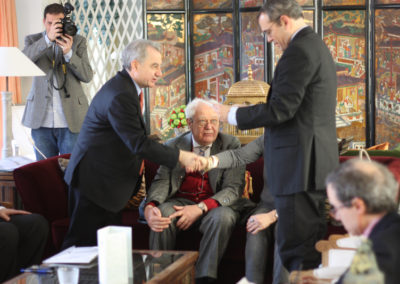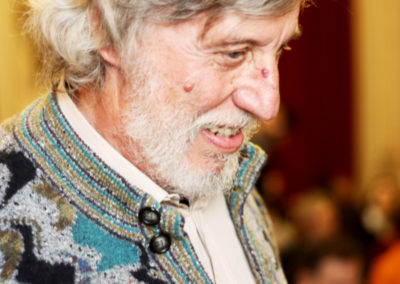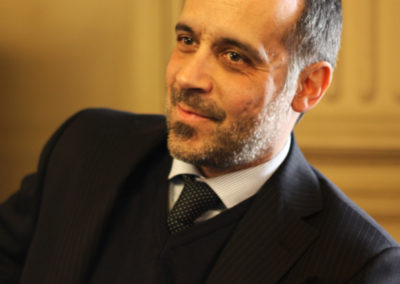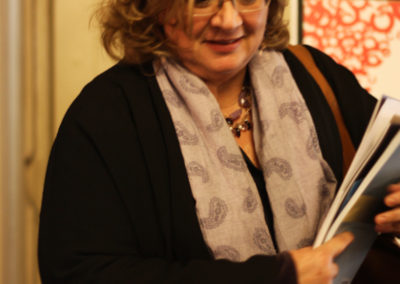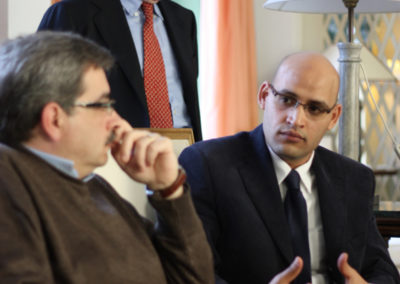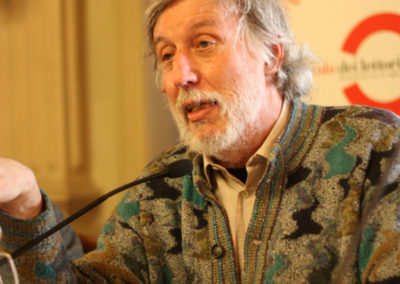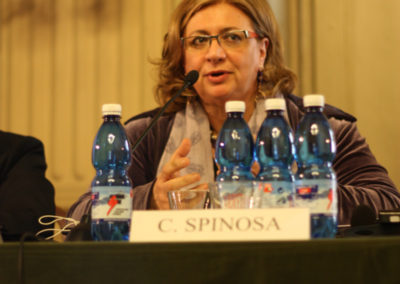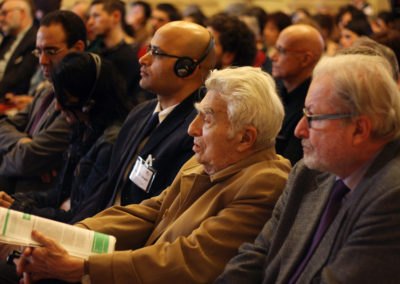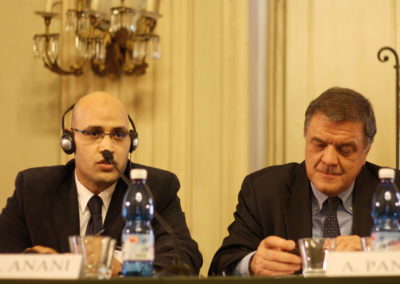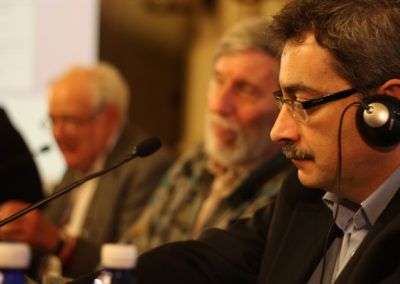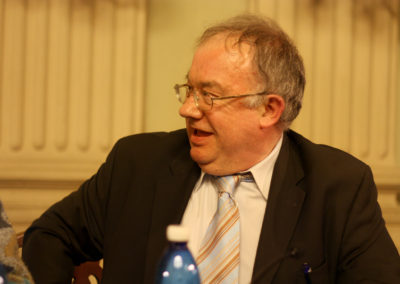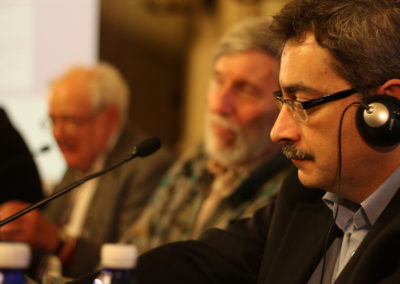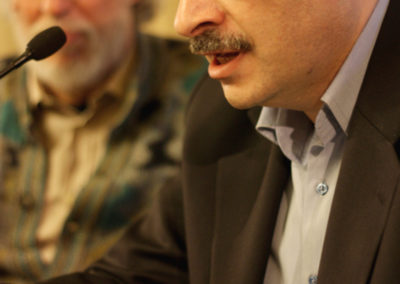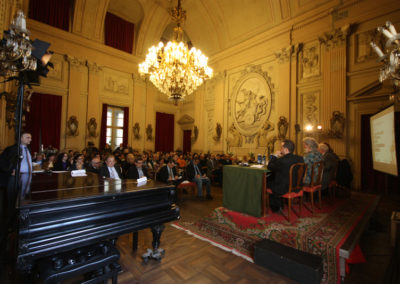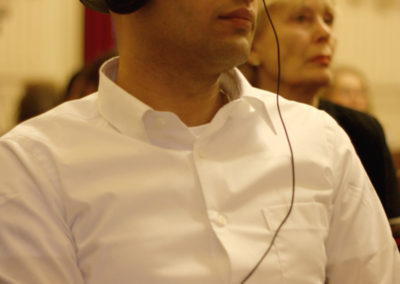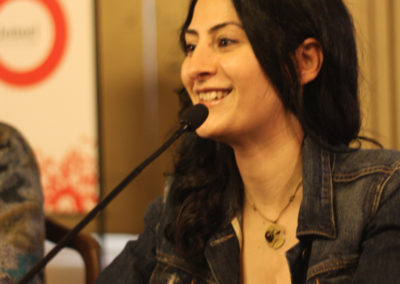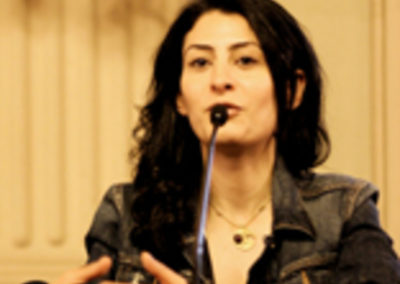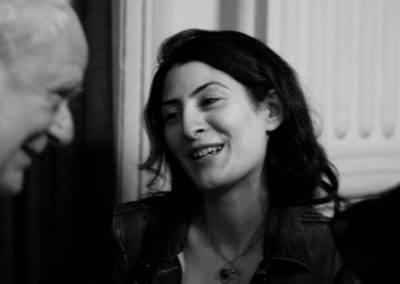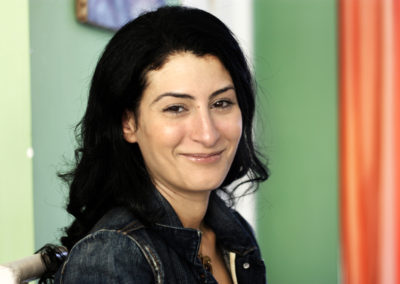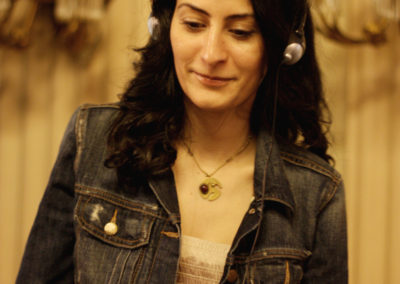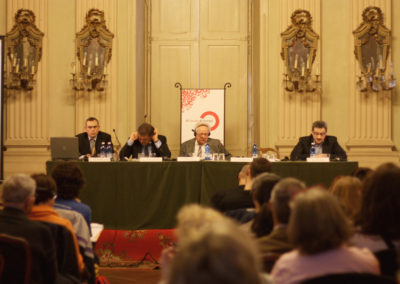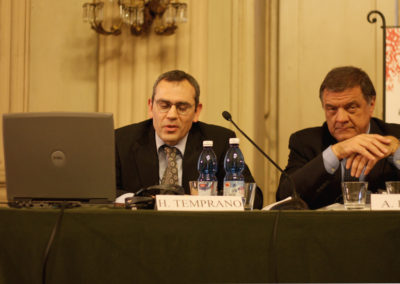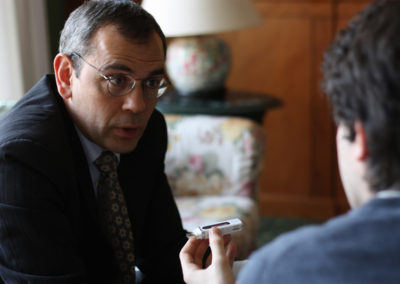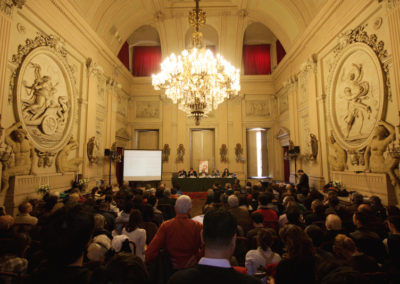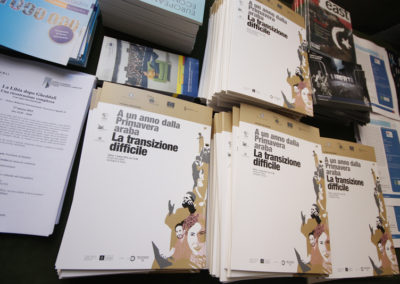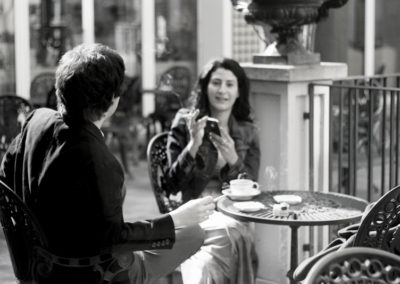
One year after the Arab Spring. A difficult transition
1 March 2012, Circolo dei Lettori, Turin
A year after the Arab Spring, a complex transition process was underway in the region. An increasing number of difficulties emerged in those countries where the old power structures had displayed a certain degree of resilience and where the economy remained in dire straits.
On the other hand, in the various elections that were held after the uprising, Islamist parties gained the support of the population, as it was the case of the Muslim Brotherhood in Egypt, Tunisian and Morocco, and – to a lesser extent – of the Salafists, who maintained more dogmatic and intransigent positions.
The forces of change, among which there were women’s movements fighting in the front line, had retained a central but not always preponderant role and remained one of the main factors at play, capable of exerting a determinant influence on the developments of the ongoing process.
Finally, the other regimes in power (starting from Syria) decided to resist to the bitter end, determined not to end up like Ben Ali, Mubarak and Gaddafi. Europe is confronted with complex choices that may be decisive for its future.
The project was realized in the framework of the project “Mediterranean Paths 2012”, financed by the Ministry of Foreign Affairs and International Cooperation – Analysis, Programming Statistical and Historic Documentation Unit, in collaboration with the European Parliament Information Office in Milan, with the European Commission’s Representation in Milan, with the Turin Chamber of Commerce, the Forum for the Problems of Peace and War of Florence and with the Paralleli Institute of Turin.
Speakers:
Pier Antonio Panzeri, President of the European Parliament Delegation for the Relations with Maghreb Countries and the Union of the Arab Maghreb; Renzo Guolo, Professor of Sociology of Cultural Processes at the University of Padua; Khalil al-Anani, Middle East Politics Researcher at Durham University (UK), exponent of the new Muslim Brotherhood generation; Heliodoro Temprano Arroyo, Head of the Neighbourhood Countries and Macro-Financial Assistance Unit at the Directorate General of Economic and Financial Affair of the European Commission; Hussam Itani, columnist for the Lebanese newspaper Al Hayat; Sami Ben Gharbia, Tunisian blogger, Director responsible for Global Voices (international blogger community); Shahira Abu Leil, Egyptian activist, spokeswoman of the movement No to Military Trials for Civilians, fighting for military trials against thousands of Egyptian activists; Olivier Roy, Director of the Mediterranean Programme at the Robert Schuman Centre for Advanced Studies at the European University Institute of Florence; Janiki Cingoli, President of the Italian Center for Peace in the Middle East (CIPMO).
GALLERY
AVAILABLE DOCUMENTS
See all the INTERNATIONAL CONVENTIONS of GEOPOLITICS area



